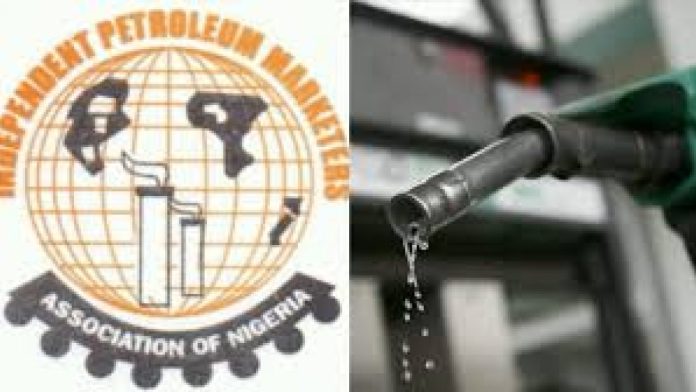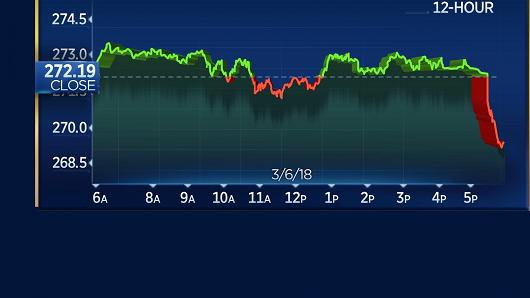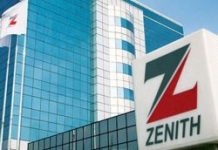The Independent Petroleum Marketers Association of Nigeria (IPMAN) has threatened to halt operations across the country due to the escalating cost of Premium Motor Spirit (PMS), commonly known as petrol, sold by the Nigerian National Petroleum Company Limited (NNPC) to its members.
According to IPMAN, the price at which NNPC acquires petrol from Dangote Petroleum Refinery stands at N898 per litre, but NNPC resells the same product to independent marketers at N1,010 per litre in Lagos, N1,045 in Calabar, N1,050 in Port Harcourt, and N1,040 in Warri.
IPMAN, which operates over 70% of filling stations nationwide, has condemned this price disparity and is demanding a refund for prior payments made to NNPC.
Speaking to reporters, IPMAN’s National Publicity Secretary, Chinedu Ukadike, expressed frustration over the lack of response from NNPC and the company’s failure to return funds owed to independent marketers. “We may be forced to down tools if this issue is not resolved soon,” he said.
IPMAN’s President, Abubakar Maigandi, disclosed that marketers are owed approximately N15 billion by NNPC and have been sidelined in the petrol supply chain, as NNPC continues to monopolise the distribution through Dangote refinery.
‘’The association is pushing for the right to purchase fuel directly from Dangote, which would allow them to sell at a lower price of N970 per litre, below NNPC’s current rate.’’
This standoff follows NNPC’s recent hike in fuel prices to N1,030 per litre in Abuja and N998 per litre in Lagos, an increase of nearly 15% within a month, and a 430% rise since May 2023, when the current administration took office.
The Nigeria Labour Congress and the Organised Private Sector have called for an immediate reversal of these hikes, citing concerns over the negative impact on the economy.
As NNPC remains silent on the issue, the Major Energies Marketers Association of Nigeria (MEMAN) maintains a more favourable relationship with the oil company, benefiting from storage facilities and subsidised fuel supplies. However, experts warn that the rising costs could cripple small businesses, push more Nigerians into poverty, and trigger further inflation.
The situation outlined Nigeria’s broader economic challenges, with industry analysts calling for the government to prioritise alternative energy sources, such as compressed natural gas (CNG), and subsidise the transition for businesses and consumers alike.
.











